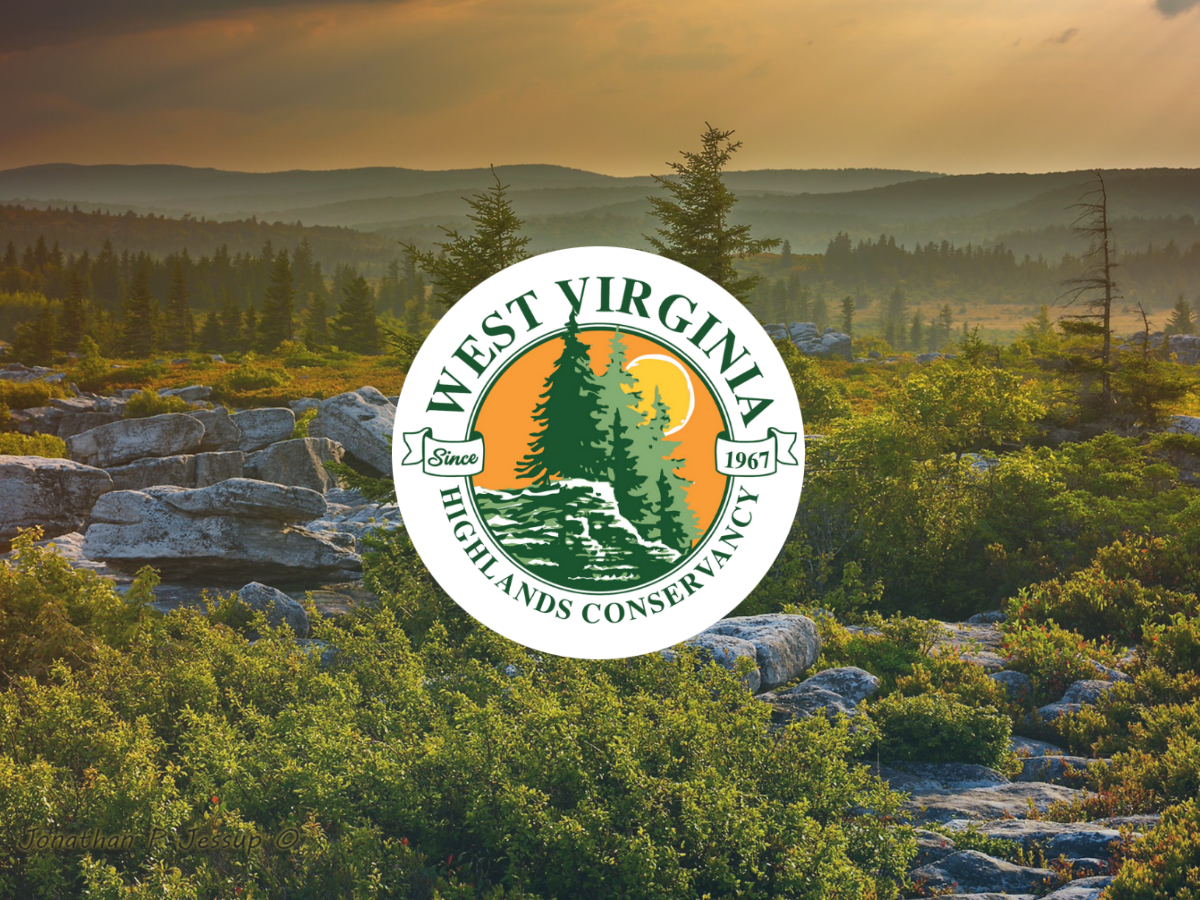By John McFerrin
For the first time in a long time we crawled out of our little Zoom boxes and had a meeting in person.
The meeting featured some new faces. First, we had Olivia Miller, the new Communications Director. She will take over the editing of The Highlands Voice as well as manage other aspects of our communications such as social media. Read more about her on page 4.
We also welcomed Sarah Hinnant. The Bylaws of the West Virginia Highlands Conservancy provide for both individual and organizational members. The Friends of the Cheat is an organizational member and had applied for a seat on the Board, an application which the Board eagerly granted. The organizational member gets to pick its representative to the Board; the Friends of the Cheat picked Sarah.
In the absence of Treasurer Bob Marshall, Larry Thomas presented the financial report. We are doing well on revenue and are under the budgeted amount on our spending. Because this was a deficit budget we still have a deficit for the year to date. We will be able to cover that deficit from our savings.
Program Director Cory Chase reported on his activities. The outings program has been a great success. We have had good attendance and several people who came to the outings signed up as prospective members. We had been pursuing an AmeriCorps volunteer. We had some interviews but some took other positions and some didn’t seem to fit well with our needs. As a result, we are not going to have an AmeriCorps worker this year.
Cory has been working with WV S.U.N. on its solar collective in Tucker and Randolph Counties. It organizes groups of homeowners who want to install solar power so that the individual homeowners can buy collectively and make solar power cheaper. West Virginia Highlands Conservancy is one of the sponsors of its efforts in Tucker and Randolph Counties. He has also been helping in some presentations to schools about solar power.
Cory has also been communicating with the Clean Water Coalition, a group of about 270 groups centered around the Chesapeake Bay. West Virginia Highlands Conservancy is already a member; his discussions have been about our becoming more active. Finally, he has been working with the West Virginia Highlands Conservancy highways committee about Corridor H. They are developing suggestions on how people might present comments on proposed routes.
Larry discussed his vision for outings for next year. He envisions outings to (1) meet supervisors of various ranger districts within the National Forest; (2) have work days directed by the ranger district; (3) have fun; (4) appeal to school children.
Membership and Fulfilment Secretary Cristyn Bauer reported on her activities. She has been manipulating the database to produce lists of the number of members in each county, the number in each state, etc. She would also like to create more ways for members to renew online, get notices that their memberships are expiring online, etc. She would also like to streamline our membership levels. Between the membership levels, individual and family memberships, etc. we have a lot of membership categories. She wants to straighten that out. Because this involves detailed work, President Larry appointed a committee to figure this out.
Luanne McGovern reported on matters legislative. The West Virginia Environmental Council has adopted legislative priorities: community solar, safe drinking water, plugging orphan gas wells, and above ground storage tanks. Anything having to do with public lands will always be a priority.
She made the observation that the session is just wild, particularly near the end. It has been her experience that the real action is in the committees and that once something gets to the floor the deals have been done. We hope to have a system for sending our members action alerts by the time the session starts.
George Hack reported on the Futures Committee. They have been talking about another facilitated meeting to talk about the future of the organization and future involvement in the Central Appalachian Spruce Restoration Initiative.
Rick Webb reported on public lands. The committee is currently monitoring all proposed projects on the Monongahela National Forest. Streams in the forest are constantly being degraded by sedimentation.
Dave Johnston reported on the activities of the Dolly Sods Stewards. Dave estimates that the stewards have spent almost 900 hours doing work on the Forest. If one includes the office time Dave has spent doing planning, etc. the total is almost 1,500 hours. Read more about the Stewards’ activities on page 12.
We are starting to run low on Hiking Guides. While we will not run out immediately, our stock is low enough that it was the sense of the meeting that we should have more printed. Larry will find out some additional information and then will probably order another 1,000.
Susan Rosenblum reported on the work of the rivers committee. It has been involved with training citizen scientists to do background testing on streams that lie in the proposed route of Corridor H. The training is complete and they are ready to go. She hopes that the training and testing program can be a model that we could use in other areas.
She has also been working with the Water Policy Work Group. They are working on the Safe Drinking Water Act and potential proposals to reclassify trout streams.

